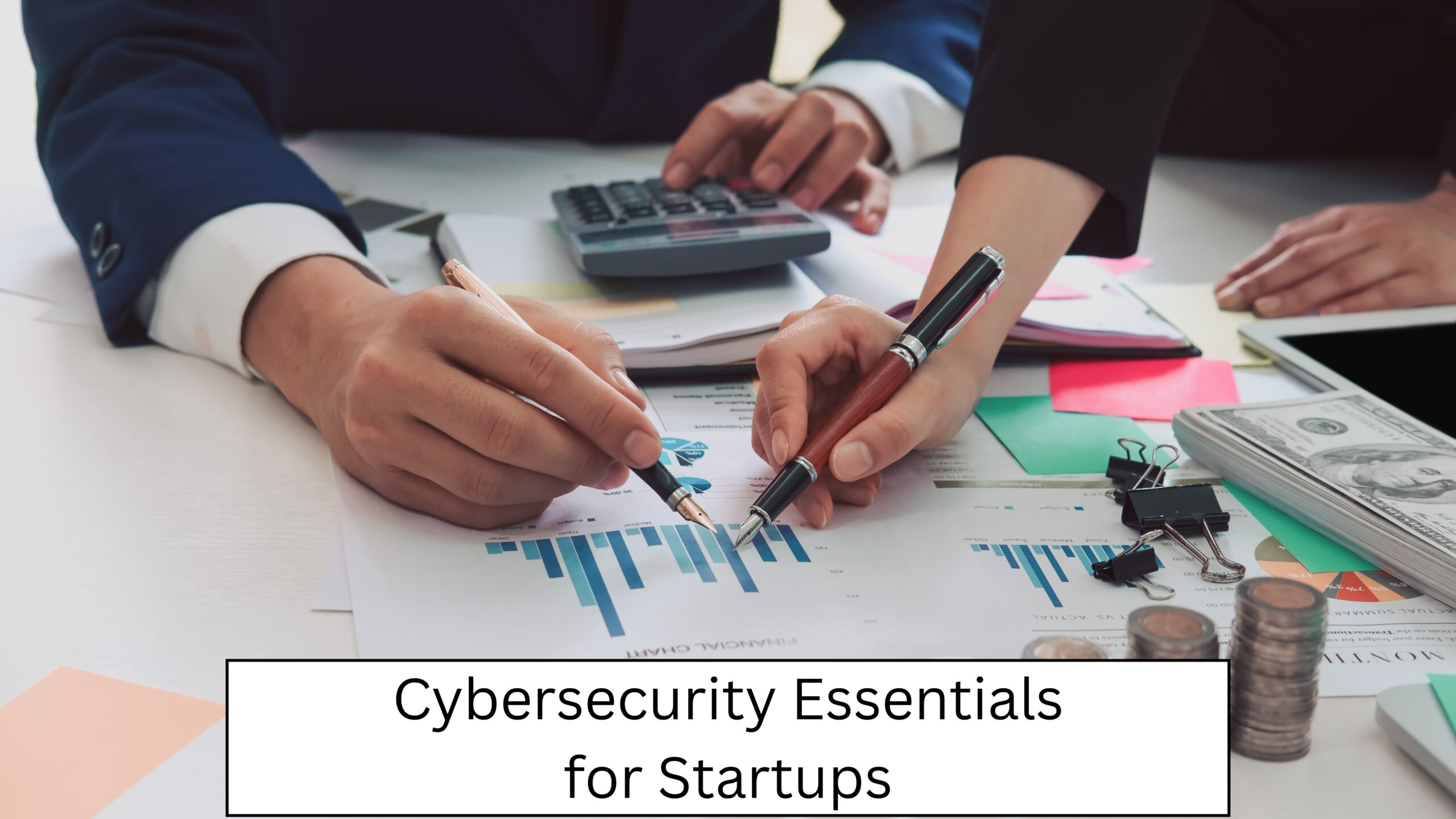Cybersecurity Essentials for Startups in 2025: A Must-Know Guide for Indian Founders
In today’s fast-moving digital world, startups are everywhere. But along with innovation comes risk — especially when it comes to cybersecurity. From customer data to internal operations, one cyberattack can break trust, ruin your brand, and even cause financial loss.
For Indian startups growing in sectors like fintech, e-commerce, health tech, and SaaS, understanding basic cybersecurity isn’t a choice anymore — it’s a must. At Your Stories, we’re here to simplify what every entrepreneur should know about staying safe online.
Why Startups Are Easy Targets
Big companies spend crores on security, but startups often don’t have that luxury. Hackers know this. They look for businesses with weak protection, outdated software, or employees unaware of common scams.
Most Indian startups use online tools to handle payments, data, and operations. This increases the risk of phishing, ransomware, or system hacks — especially if the team is small and everyone is multitasking.
7 Simple Cybersecurity Steps Every Startup Should Take
Whether you’re just starting out or scaling up, these basic steps will help protect your business:
1. Train Your Team Regularly
Your employees are your first line of defence. Train them to:
- Avoid clicking on suspicious links.
- Never share passwords or OTPs.
- Report anything unusual — like unknown logins or strange emails.
2. Use Strong Passwords + Two-Factor Authentication
Weak passwords are easy to crack. Use a mix of letters, numbers, and symbols. Add two-factor authentication (OTP or app-based login) for extra security on important accounts like banking and email.
3. Keep Software Updated
Always update your operating system, apps, and antivirus software. Hackers often target outdated systems. Use auto-updates wherever possible.
4. Back Up Data
Use cloud storage or external hard drives to back up your data regularly. This way, even if you’re attacked by ransomware, your data is safe and can be restored.
5. Secure Your Wi-Fi and Devices
Change your default Wi-Fi passwords and avoid using public networks for sensitive work. Also, protect company laptops and phones with security software and screen locks.
6. Control Who Gets Access
Don’t give everyone access to everything. Limit access to important data based on roles. If someone leaves the team, revoke their access immediately.
7. Have a Response Plan Ready
What will you do if you’re hacked? Who will you inform? How will you recover data? Have a clear, simple plan so you’re not scrambling in a crisis.
Free and Low-Cost Tools You Can Use
Good security doesn’t always mean big money. Here are some reliable options:
- Google Authenticator or Authy for 2FA
- Avast or Bitdefender for antivirus
- LastPass or 1Password for password management
- Google Workspace or Zoho Mail with built-in security features
Support from Indian Govt and Industry Bodies
Did you know? India’s CERT-In (Computer Emergency Response Team) regularly issues alerts and tips for businesses. Also, Startup India and Nasscom often host free webinars on cybersecurity for founders.
Startups in sectors like fintech may also need to follow RBI and SEBI security rules — so always check what’s required for your business type.
Final Words
You don’t have to be a tech expert to protect your startup. Just being aware and putting a few smart practices in place can keep your startup safe from most common threats.
Think of cybersecurity like insurance — you hope you never need it, but you’ll be thankful when you do.
For more real-life startup tips, founder stories, and business insights, stay tuned to Your Stories — your trusted guide for everything entrepreneurship.







